Australian aid
Australia has been supported by over 100 other countries at the 80th United Nations General Assembly session in New York at the launch of a new global Declaration for the Protection of Humanitarian Personnel. Foreign Minister Penny Wong also announced $15 million in funding to support “new, concrete measures to keep humanitarian personnel safe and enable them to do their lifesaving work in conflict and disaster zones”.
As foreshadowed, Prime Minister Anthony Albanese declared at the UN that Australia will recognise a state of Palestine, based on the Palestinian Authority’s agreement to political reforms, and said that peace will need to include a plan that “enables the reconstruction of Gaza”. Both a UN commission of inquiry and a group of international legal scholars have stated that Israel is committing genocide in Gaza, including through restrictions on aid, accusations that Israel continues to deny.
Prime Minister Albanese and other Pacific leaders endorsed the text of a new agreement to operationalise the Pacific Resilience Facility (PRF) at the Pacific Islands Forum meeting in Honiara, Solomon Islands. Albanese confirmed Australia’s contribution of A$100 million to the Facility, which aims to raise US$500 million by the end of 2026 and US$1.5 billion by 2030. The Australian opposition said that while it supports the contribution “in principle”, it wanted more detail on how the funding will be used.
A proposed new $500 million bilateral development and security treaty between Australia and Vanuatu remains unsigned. Vanuatu’s Prime Minister, Jotham Napat, has signalled domestic political concerns in relation to the provisions of the treaty relating to critical infrastructure funding from third parties, including China. Vanuatu has subsequently indicated it will sign a new policing cooperation agreement with China.
The Australian Parliament’s treaties committee has recommended that a development and security treaty between Australia and Nauru, announced in 2024, be ratified with minor changes. In evidence to the committee, DFAT officials said that they are continuing their enquiries as to whether the Nauruan leadership’s recent dealings with a Chinese company trigger the treaty’s provisions in relation to critical infrastructure funding. Officials described the treaty — which is linked to $100 million in direct budget support and $40 million in bilateral security assistance — as containing “a number of unique and transformational elements for Nauru”. This funding is separate to the government’s more recent deal with Nauru — worth considerably more — to resettle hundreds of former immigration detainees whose visas have been cancelled on character grounds and whose indefinite detention was found to be illegal by the High Court of Australia.
Australia is providing $1 million to help several Pacific nations deal with a severe outbreak of dengue fever and has deployed a specialised medical team to support Samoa’s response. There have been 19 deaths linked to the outbreak so far.
The government has allocated $1 million in humanitarian aid to UN agencies to provide assistance in the wake of the Afghanistan earthquake on 31 August. The death toll from the disaster is estimated at over 2,200, with thousands more injured, displaced or still missing. The Australian Council for International Development (ACFID) has launched a consolidated appeal to support needs assessments and response efforts.
ACFID has called on the government to commit $110 million in emergency funding “to address the escalating humanitarian catastrophe in Myanmar and for refugees across its borders, worsened by recent USAID funding withdrawals”.
Regional/global aid
The Green Climate Fund (GCF) has approved a US$63 million, six-year forestry governance and sustainable land use project in PNG. The project aims to abate 17 million tonnes of carbon emissions. Fiji is bidding to host a regional GCF office in Suva and the Fund has now directed an estimated US$200 million in climate funding to the Pacific.
Chairing the Shanghai Cooperation Organisation (SCO) summit in Tianjin, President Xi Jinping launched China’s new “Global Governance Initiative”, called for the creation of a new SCO development bank, and pledged US$280 million in grants and US$1.4 billion in loans for the SCO’s predominately south and central Asian members. China also pledged US$2.8 million in humanitarian support for Cambodia to assist populations affected by the recent Thai-Cambodia border clashes.
China has reportedly abandoned its support for one of the largest infrastructure projects in Pakistan, stepping back from previous commitments to finance an upgrade of the Karachi-Peshawar railway line as Pakistan’s fiscal and debt position worsens.
The Trump administration has told the Congress it will unilaterally rescind US$4.9 billion in previously legislated development, democracy and multilateral funding in financial year (FY) 2025, characterising this spending as “woke, weaponized and wasteful”. This is in addition to the almost US$8 billion in foreign aid recissions passed by the Congress in July and the administration’s proposed cuts for FY2026. The Trump administration has also told Congress that as part of the new “America First Opportunity Fund”, it plans to shift almost US$2 billion in foreign aid spending toward countering “Marxist, anti-American regimes” in Latin America, advancing “US immigration priorities” in Africa and supporting American investments in Greenland and Ukraine.
In the wake of its cuts to US global health funding and infrastructure, Secretary of State Marco Rubio has launched the administration’s new “America First Global Health Strategy” which aims to “stop outbreaks before they reach our shores, enter strong bilateral agreements that promote our national interests while saving millions of lives, and help promote and export American health innovation around the world.”
Against the backdrop of major multilateral funding reductions by the US and other donors, the United Nations secretariat has published its proposals for cost-cutting and amalgamations across its agencies and programs.
In its latest guidance on blended finance, the Organisation for Economic Co-operation and Development observes that while this form of development finance has become more common it “has not scaled as rapidly as hoped and has mobilised relatively limited private finance” and “has remained a cottage industry with largely bespoke and fragmented interventions, as well as a lack of standardisation and transparency”.
In its submission to the UN on the future of global climate finance, the UK government has called for a shared understanding among the international community of what “resilience” means and “a more consistent approach to assessing physical climate and nature risk and benefits, underpinned by common metrics and standards, including financial ones”.
Books, reports, articles, podcasts etc.
A new discussion paper by Devpolicy’s Terence Wood and Alyssa Leng looks at Australia’s climate adaptation aid, finding that this spending has been reported against a widening variety of projects and has increasingly been directed to countries that are comparatively less vulnerable to climate change.
In a new article published in Social Science and Medicine, Monash University’s Jack Hennessey and his co-authors use a survey experiment of Australians to show that donor publics have a strong aversion to ceding more control of aid projects (“localisation”) to recipients. It also finds that these preferences are likely to hold even in cases where political instability and government ineffectiveness are not major considerations.
A new report from ODI Global on the crisis in Myanmar argues that “with few exceptions, international humanitarian actors based in Myanmar are highly risk-averse” and that this risk aversion is “undermining the ability for more transformative humanitarian response”.
Writing for Foreign Policy, Yale University’s David Engerman assesses the global south’s fragmented history of cooperation since the 1960s, concluding that developing countries “are now more [economically] integrated, but not necessarily more united”. Australian academic Patrick Kilby recently discussed his forthcoming book, which will examine the history of the global South’s engagement with foreign aid.
And a survey of over 36,000 people in 34 countries conducted by the Rockefeller Foundation finds that a global majority (55%) agree that “their country should cooperate on global challenges, even if it means compromising on national interests”.
Figure 1: Support for global cooperation even if compromising on some national interests, by country
Source: Rockefeller Foundation, Demanding results: global views on international cooperation, September 2025. The question and response options put to survey respondents were: ‘To what extent do you agree or disagree with the following statement: “My country should cooperate with other countries to solve global challenges, even if it means compromising on some national interests.”: 1. Strongly agree 2. Somewhat agree 3. Neither agree nor disagree 4. Somewhat disagree 5. Strongly disagree.’

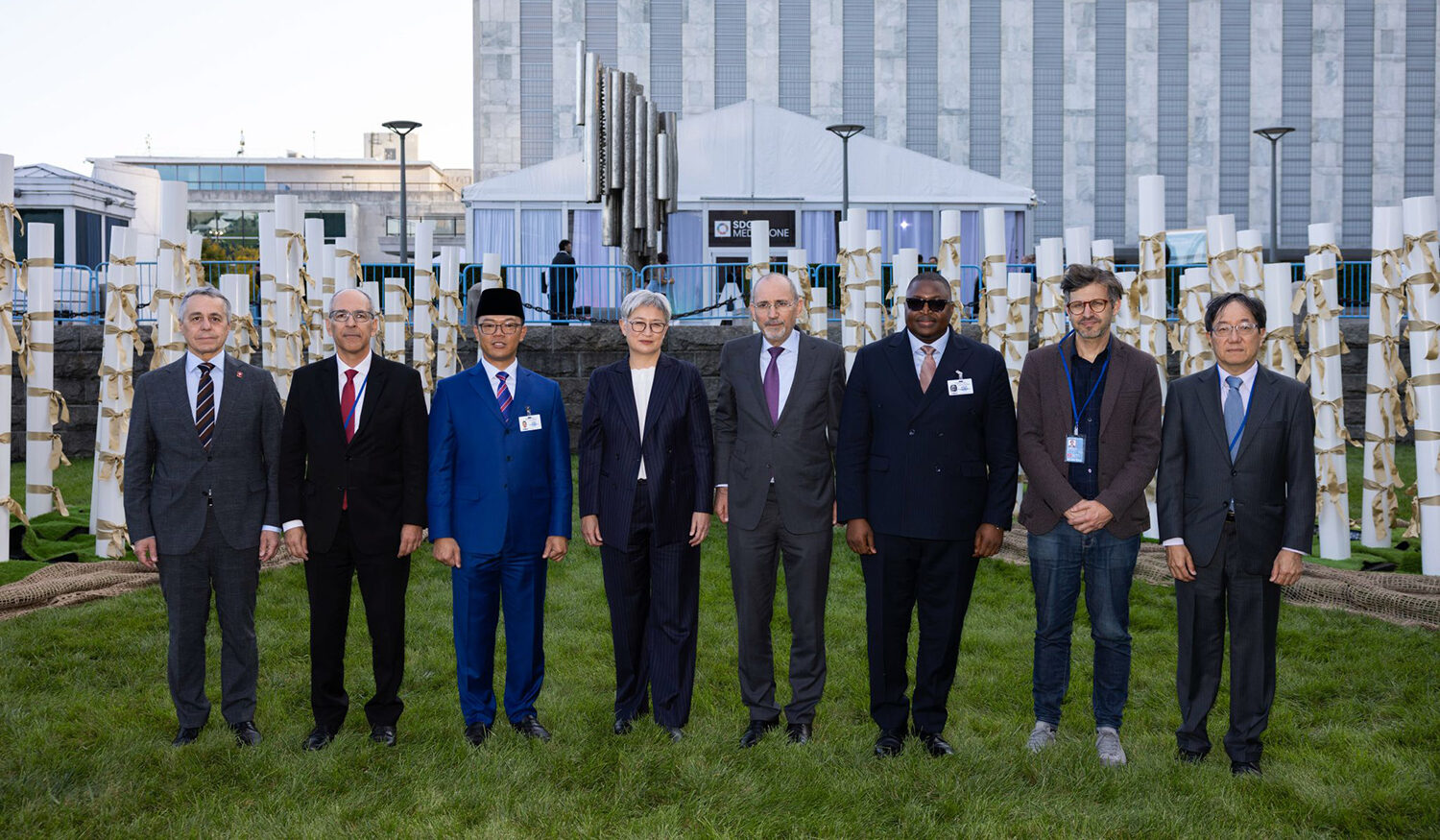
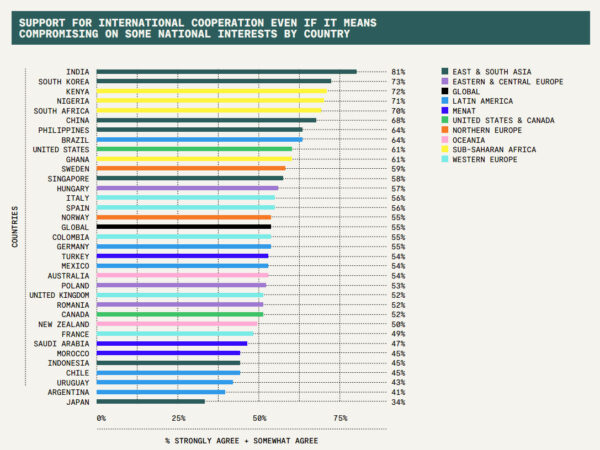
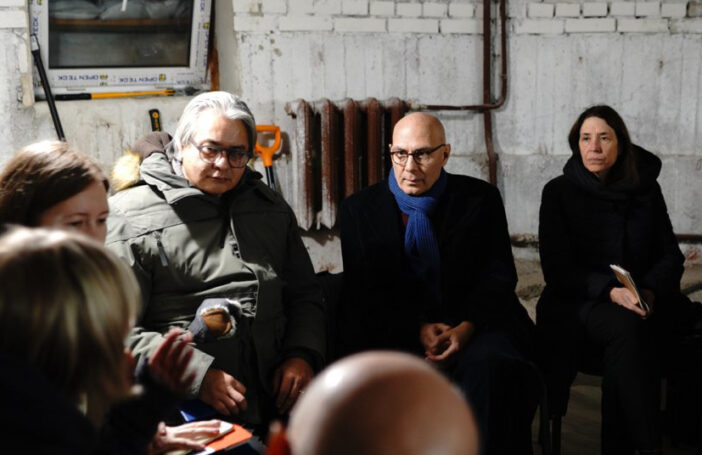
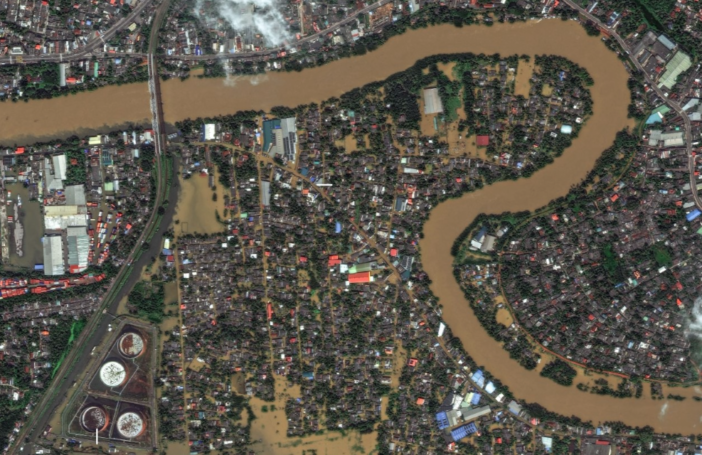
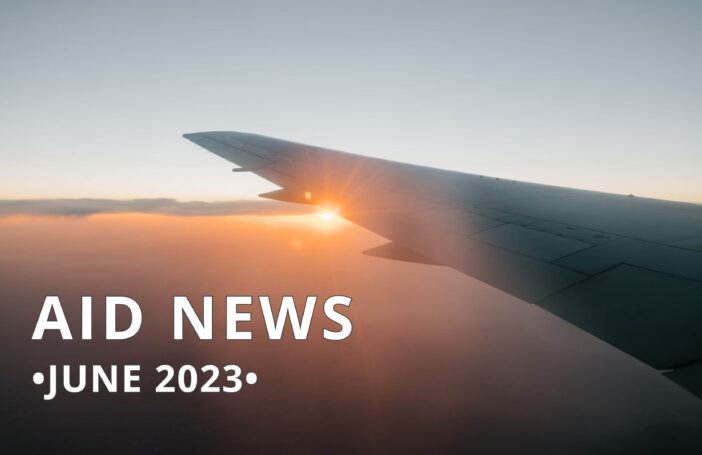
Thanks for the aid news. My specific comment is on Australian Aid and particularly in the Pacific is recently seen as reactive aid approach to China growing strategic and economic focus in the Pacific. This will continue into the next decade, while the impact of Australian aid is seen and felt by the Pacific nations over many years, they now turn to see and feel something different from China. However, it would be seen as a strategic threat to Australia geopolitics in the Pacific.